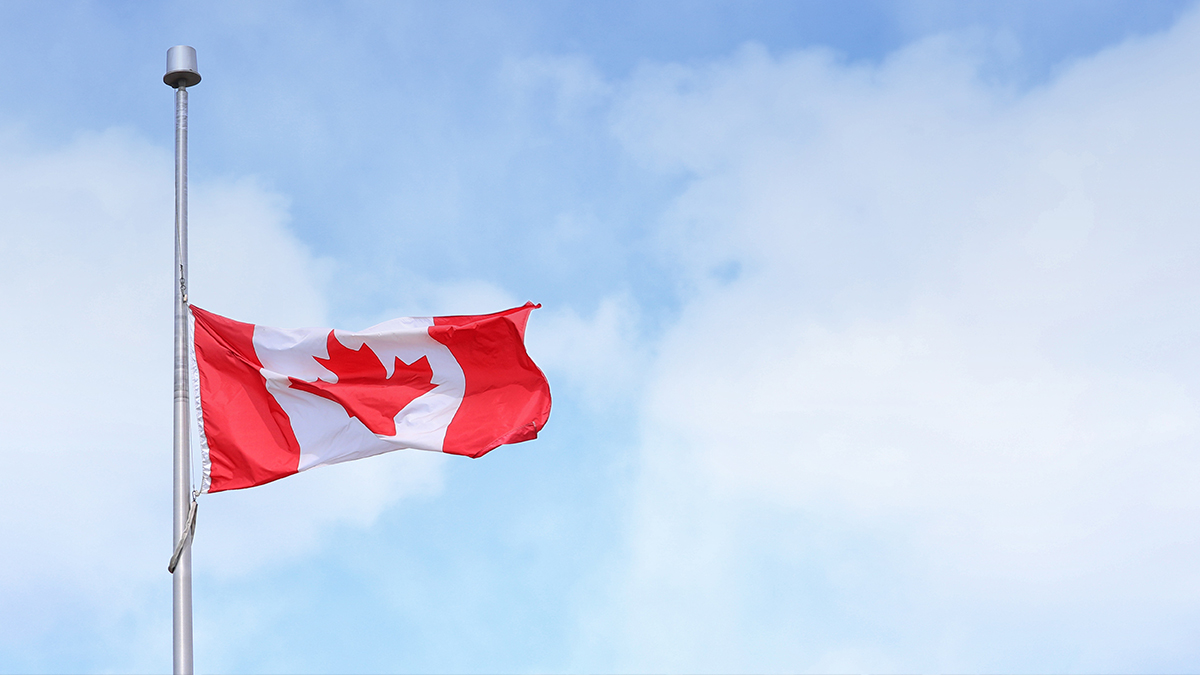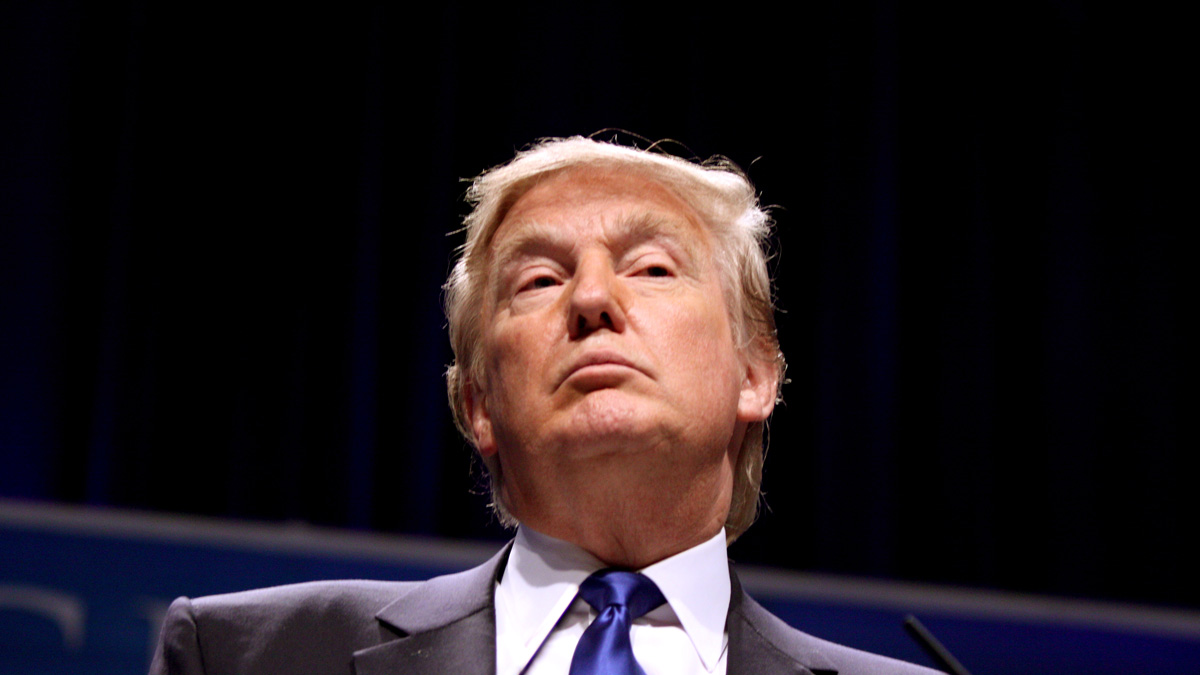 Supplied
SuppliedThe Government of Canada has historically established itself as a peacekeeping nation. However, this notion becomes insincere when looking at Canada’s economic involvement in present-day military conflicts.
This is especially clear with the Israel-Palestine conflict. Despite the Government of Canada’s alleged support of peace, it engaged in decade-long weapons sales to Israel. Although the government stopped approving arms export permits to Israel on January 8, this change did not affect already approved sales. The House of Commons’ symbolic vote on March 18 to cease future arms exports to Israel was just that — symbolic. The Government of Canada can’t have its cake and eat it too. Claiming to want peace in the Middle East but not tangibly ceasing prior arms exports to Israel and future ones that will be used against Palestinian civilians is hypocritical. In doing so, the Government of Canada has hurt both its credibility and the public’s trust.
Following nation-wide protests, the Government of Canada has joined calls for a ceasefire. But it must go further — a point that’s been exemplified by young Canadians protesting with Palestine solidarity encampments at universities. Canada must call for an end to the entire occupation, negotiate for peace in the Israel-Palestine conflict, and stipulate its support of Israel upon the country adhering to international law.
In reality, the Government of Canada has been able to play both teams — maintaining a degree of public support and trust while profiting off of arms sales to Israel. Canada must be held accountable for its disingenuity. As well, the fact that the federal government is willing to sacrifice Palestine’s safety for a political partnership with Israel can’t go unnoticed.
The Government of Canada’s 2022 report on exports of military goods from Canada found that Canada exported military goods and technology worth $21,329,783.93 million to Israel. Out of a total value of $2,121,541,815.11 billion in military exports, Israel received 10 per cent. In 2022, 77 countries received military goods and technology from Canada — only 15 countries received more than Israel. Military exports from Canada to Israel actually reached their third-highest amount in 2022. This is an exorbitant amount. What makes matters worse is the human rights violations committed by Israel with these resources.
Canada prioritizes promoting peace in the Middle East — specifically in Iraq, Jordan, Lebanon, and Syria. However, Palestine is exempt from this commitment, even though Palestinians are in dire need of support. On October 19, The Gateway interviewed Siobhan Byrne, a University of Alberta professor in the department of political science. “I feel as though we are watching a genocide happening in real time and we are failing miserably to call that out,” she said.
Byrne echoed disheartened sentiments about the unjust contributions to this conflict that exacerbate the already unequal power dynamics between Israel and Palestine. She claimed that Western states are arming only one side of this conflict in an effort to prolong it through violence. Rather, Byrne argued, the role of Canada should be to push for peace and negotiate a way for this conflict to come to an end.
“The role should be one of helping to facilitate an end to injustices. Or in this case, an end to the occupation, helping to facilitate negotiation,” she posited. By not doing this, Canada loses its potential to have any part in future peace with both Israel and Palestine, she added.
This is especially true when the weaponry Canada has sold is being used against Palestinians — even after the public support for a ceasefire. The Government of Canada must work as fast and hard as possible to ensure that all violence on the ground in Gaza ends. It’s hypocritical for the government to not suspend export permits issued to Israel before January 8 and simultaneously say it supports an end to the violence.
Most importantly, Canada must take an active role in mediating peace negotiations between Israel and Palestine. Due to this its history of facilitating peace, the Government of Canada is familiar with international conflict resolution, particularly in cases of human rights violations. Canada has stepped up before, and they must do so again.
In the early stages of the conflict, the United Nations (UN) stated that Israel had breached international law. As a member of the UN, it is particularly alarming to witness Canada continue to maintain its relationship with the Israeli government and not publicly call for the illegal occupation of Palestine to end. Although the Government of Canada made the symbolic gesture of voting for a ceasefire at the UN, their actions or lack thereof in this conflict do not back up their voting stance.
By refusing to take the necessary actions to stop the ongoing violence, the Government of Canada is prioritizing its long-standing alliance with Israel over ensuring peace. Canada is able to gain the public’s perception of attempting to ensure peace by only calling for a ceasefire, while simultaneously not risking its geopolitical position of familiarity and safety. The Middle East and North Africa Rights group (MENA) has demanded that states stop supplying weapons to Israel because doing so would violate international humanitarian law. The Government of Canada’s complicity in selling weapons to Israel could be considered a human rights violation, something that should be avoided at all costs.
In order to stop the ongoing erasure of Palestine, and to avoid further jeopardizing its credibility, the Government of Canada needs to take tangible actions to ensure peace. It’s time that the Government of Canada suspends arms export permits issued to Israel before January 8, mediates dialogue, and advocates for a complete end to the occupation of Palestine.
UPDATE: This article was updated on January 15, 2024 at 2:27 p.m. to reflect that the Government of Canada stopped approving arms export permits to Israel on January 8, 2024.




